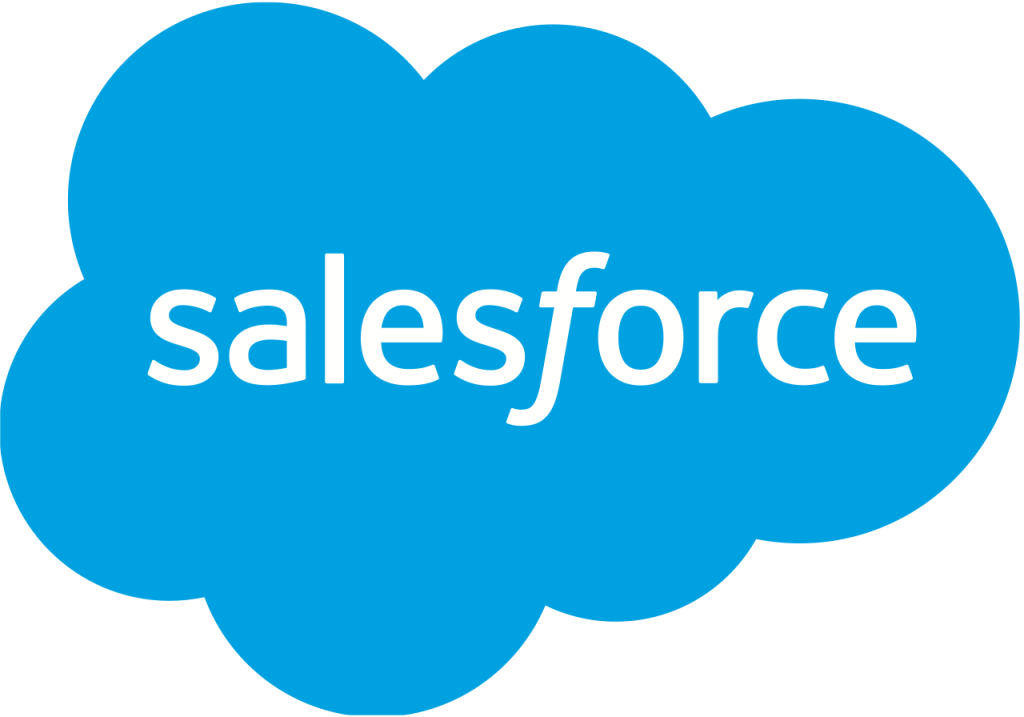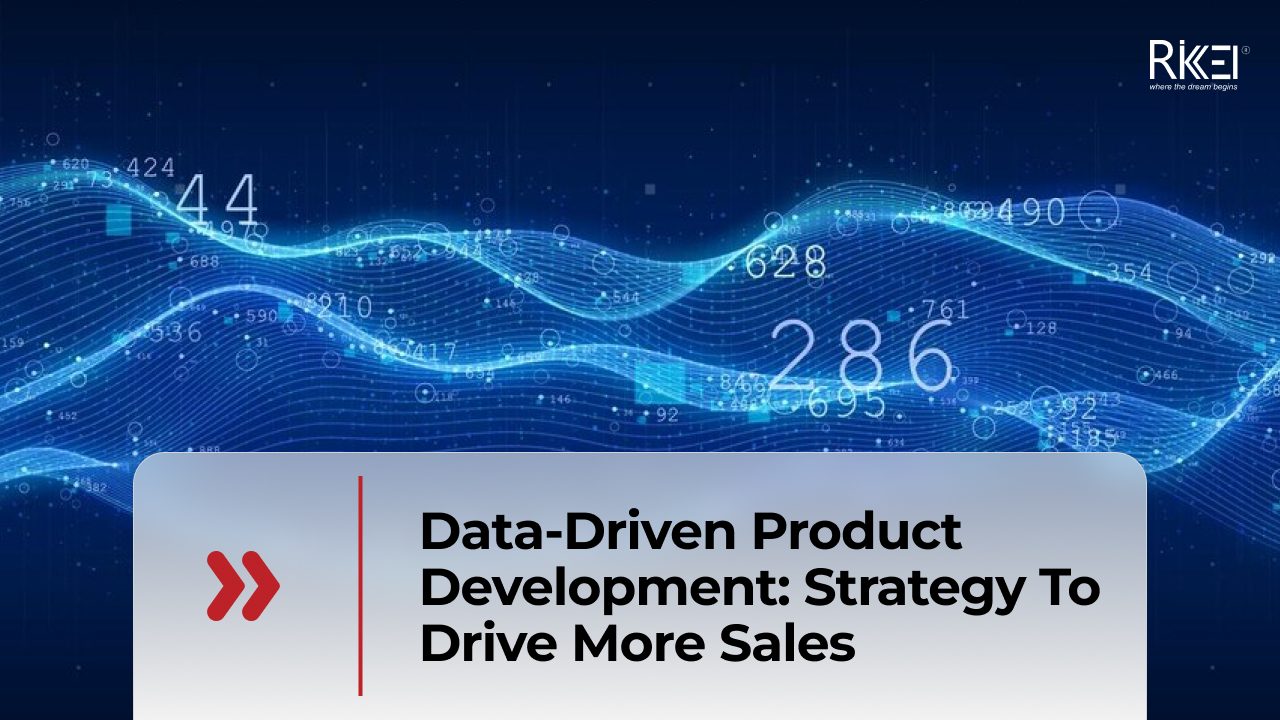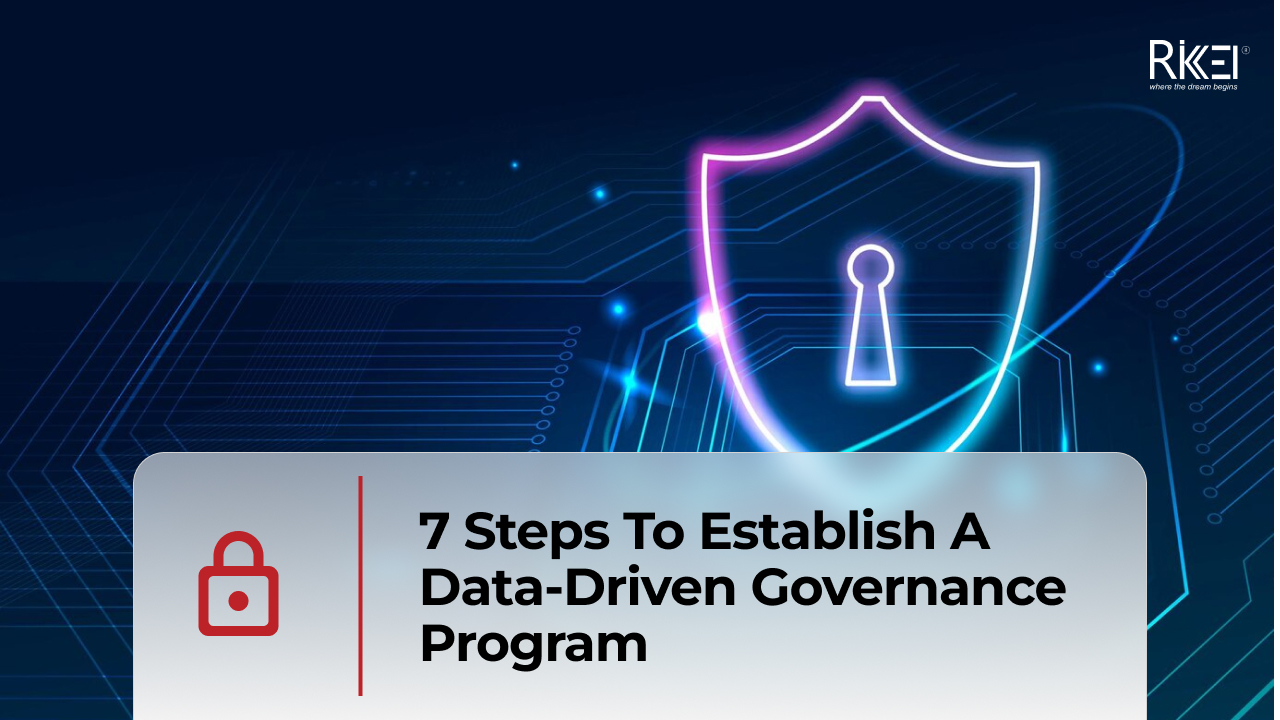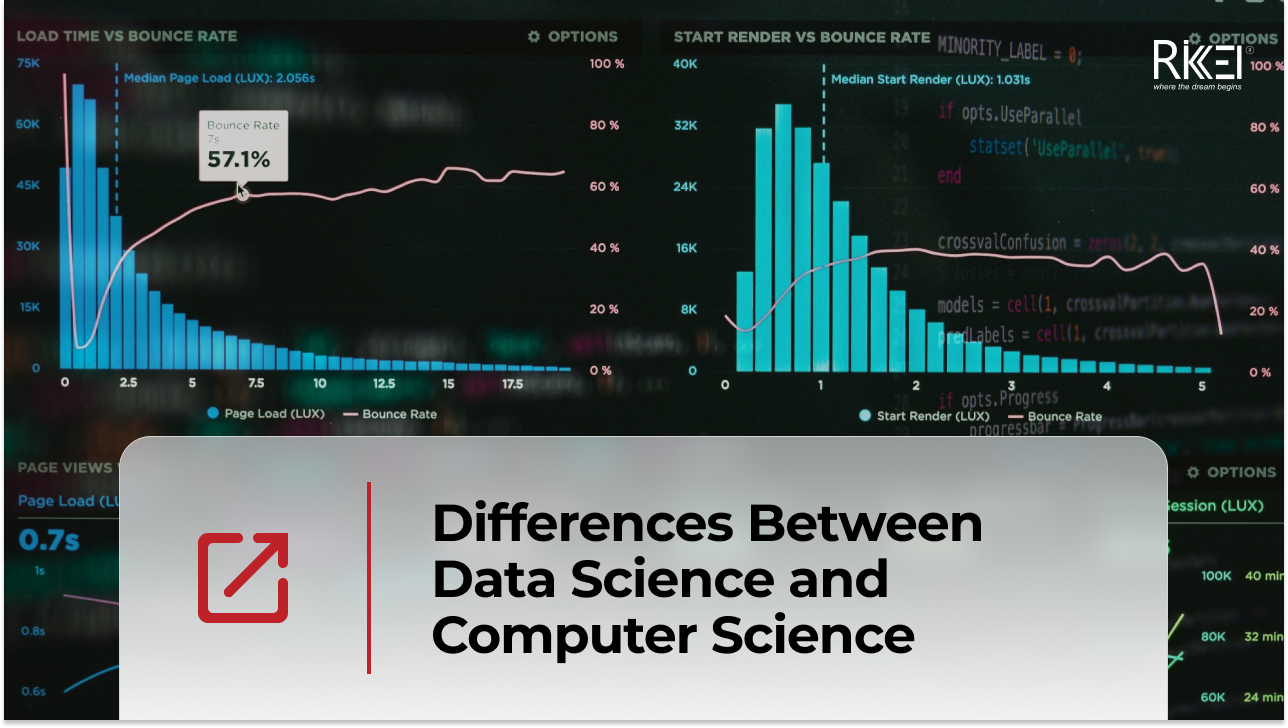10 Outstanding Features of Salesforce CRM Cloud
Contents
If you are looking for a way to manage and improve your customer relationships, you might want to consider CRM software. CRM stands for customer relationship management, and it is a technology that helps you store, track, and analyze data about your customers and prospects. CRM software can help you unify your teams, get actionable insights from data, attract prospects, and retain loyal customers.
One of the most popular and trusted CRM software in the market is Salesforce CRM. Salesforce CRM is part of the Salesforce Customer 360 product portfolio, which offers best-in-class applications for marketing, sales, commerce, and service, all built on a cloud-based platform. With Salesforce CRM, you can integrate data from any source, make sense of it with AI-powered tools, and take action in real time with personalized and automated solutions.
Salesforce CRM has been helping businesses of all sizes and industries grow since 1999. Whether you are a small business or a large enterprise, a B2C or a B2B company, a retailer or a manufacturer, Salesforce CRM can help you achieve your goals and delight your customers. In this article, we will show you how Salesforce CRM works, what benefits it can bring to your business, and how you can get started with it today.
What is Salesforce?

Salesforce is a cloud-based software company that provides customer relationship management (CRM) solutions to businesses of all sizes and industries. CRM is a technology that helps companies manage and improve their interactions with customers and prospects.
Salesforce was founded in 1999 by Marc Benioff, Parker Harris, Frank Dominguez, and Dave Moellenhoff, who envisioned a new way of delivering software over the internet, instead of installing it on computers. This innovative approach, known as software as a service (SaaS), revolutionized the technology industry and made Salesforce a pioneer and leader in cloud computing. Since then, Salesforce has grown to become the world’s #1 CRM platform, with more than 150,000 customers and millions of users.
Salesforce has also expanded its product portfolio to include applications for marketing, sales, service, commerce, analytics, integration, and more. The company is guided by four core values: trust, customer success, innovation, and equality. Salesforce is committed to creating a positive impact on the environment, society, and its stakeholders through its 1-1-1 model of philanthropy, which dedicates 1% of its equity, 1% of its product, and 1% of its employees’ time to charitable causes.
Benefits of Salesforce
Businesses have constantly sought ways to improve customer relationship management (CRM) systems to drive sales and streamline operations. In this quest for an all-encompassing solution, Salesforce has emerged as a game-changer, providing businesses with a powerful and versatile platform beyond traditional CRM functionalities. In this part, we will explore the numerous benefits Salesforce brings to the table, highlighting how it is revolutionizing the way companies interact with their customers, manage their data, and optimize their sales processes. From increased efficiency and collaboration to enhanced reporting and analytics, we will discover why Salesforce has become the go-to CRM platform for businesses across various industries.
- Improved sales efficiency: Salesforce streamlines and automates various sales processes, allowing sales teams to focus on building client relationships, closing deals, and generating revenue.
- Enhanced customer relations: With a centralized database that stores customer interactions and preferences, sales teams can provide personalized experiences, making customers feel more valued and better served.
- Increased collaboration: Salesforce allows team members to access and share real-time data from all departments, improving communication, collaboration, and decision-making across the organization.
- Accurate forecasting: The platform offers various data visualization and reporting tools, enabling managers to make data-driven decisions and predict business outcomes more accurately.
- Customizability: Salesforce is highly customizable and scalable, allowing businesses to tailor the platform to their unique needs and processes.
- Integration capabilities: The platform can integrate with various third-party applications and tools, enhancing its functionality and streamlining business processes.
- Cloud-based: Salesforce operates on a cloud-based infrastructure, offering easy access, lower maintenance costs, and automatic updates.
- Advanced analytics: Salesforce includes built-in artificial intelligence (AI) and machine learning (ML) capabilities, which help businesses identify trends, patterns, and insights to make informed decisions and strategies.
- Robust security: Salesforce has strong security measures to protect data and maintain privacy, meeting various compliance standards and regulations.
- Ongoing innovation: Salesforce regularly updates its features and functionality, ensuring businesses can access the latest technological advancements and innovations.
10 Important Features of Salesforce
Salesforce revolutionized the world of customer relationship management (CRM) and sales automation by offering a comprehensive, cloud-based platform with robust functionalities. These features help businesses optimize their sales performance and improve customer experience. Join us as we delve into the dynamic world of Salesforce and discover how these essential features can elevate your organization’s sales productivity and success.
1. Customer Relationship Management (CRM)

Customer Relationship Management (CRM) is the core business offering of Salesforce. It is a software solution to help businesses improve customer relationships, manage and organize customer data, streamline business processes, and drive sales growth.
By providing a comprehensive suite of applications for marketing, sales, service, and commerce, this platform simplifies and enhances the entire process of generating leads, engaging prospects, and retaining customers. It also empowers organizations with robust data and analytical tools that help them measure performance, optimize strategies, and deliver personalized and relevant experiences to their customers.
With Salesforce CRM, businesses can also establish long-term relationships, anticipate customer needs, and offer personalized experiences, enhancing satisfaction and loyalty and ultimately spurring growth. Furthermore, the adaptability and scalability of Salesforce CRM make it an exceptional asset for organizations of all sizes and industries, providing a cutting-edge competitive advantage in today’s ever-evolving marketplace.
2. Sales Cloud
Sales Cloud is an indispensable part of the platform’s comprehensive suite of sales tools. It empowers teams to streamline sales processes, improve collaboration, and drive deals to closure, effectively elevating business sales trajectory. One of the ten most key Salesforce features, Sales Cloud revolutionizes the customer relationship management landscape by providing a 360-degree view of each customer, enabling businesses to glean actionable insights, identify cross-selling and upselling opportunities, and forge lasting customer relationships. In addition, the robust automation capabilities and data-driven approach provided by Sales Cloud enable sales teams to operate at optimal productivity levels while delivering unmatched value to their clients, making it a vital component in a successful sales strategy.
3. Cloud Service

As a customer-centric platform, Service Cloud supports businesses to effectively manage and resolve customer inquiries and issues through multiple phones, email, chat, and social media channels. With its AI-driven analytics, customizable case management system, and a wealth of built-in tools, Service Cloud enables organizations to deliver personalized, efficient, and consistent customer experiences across the board. This nurtures customer loyalty, satisfaction, and prolonged business success. Additionally, by integrating smoothly with the entire Salesforce ecosystem, Service Cloud is critical in achieving a comprehensive, 360-degree view of the customer lifecycle and fostering a customer-focused approach that sets businesses apart.
4. Marketing Cloud
Marketing Cloud is one of the most crucial features of the Salesforce platform, primarily due to its comprehensive suite of robust tools tailored to elevate customer engagement and drive growth. Businesses can craft and execute highly targeted and personalized campaigns at scale by seamlessly integrating digital marketing efforts across multiple channels like email, social media, web, and mobile. Furthermore, Marketing Cloud’s sophisticated analytics capabilities enable businesses to track real-time performance and customer behavior, ensuring data-driven decisions and a deep understanding of their audience demographics. As a result, adopting Marketing Cloud represents an indispensable step towards fostering brand loyalty and expanding client relationships.
5. AppExchange

As a digital marketplace delivering diverse pre-built applications, AppExchange significantly boosts productivity and enables seamless collaboration for businesses. By presenting a one-stop solution for an extensive range of business needs — including marketing, finance, and project management — AppExchange assists organizations to customize, expand, and enhance the out-of-the-box functionalities of Salesforce. Consequently, its ever-growing repository of over 5,000 apps improves the flexibility and adaptability of the Salesforce platform, ensuring that companies can continually elevate their customer experiences and maintain a competitive edge in today’s dynamic corporate landscape.
6. Einstein Analytics
Harnessing the power of artificial intelligence, Einstein Analytics enables users to explore their data with ease, uncover hidden trends and patterns, and transform that data into actionable insights. In addition, unlike conventional data visualization tools, Einstein Analytics is designed to help users dig deeper into their data, offering interactive, visually rich insights that are always updated and connected to the Salesforce platform. This seamless integration facilitates accelerated decision-making and improved collaboration, increasing customer satisfaction and boosting sales performance. By leveraging Einstein Analytics, businesses can stay ahead of the competition, fostering growth and ensuring long-term success.
7. Chatter

Salesforce Chatter revolutionizes the way businesses communicate, collaborate, and streamline their workflow. As a powerful, dynamic, real-time collaboration tool, Chatter bridges the gap between departments and team members by instantly sharing essential information, documents, insights, and expertise. It develops a transparent work environment that encourages employee engagement, accelerates decision-making, and drives productivity. Chatter’s integration with the Salesforce platform ensures that valuable customer data, project updates, and relevant notifications are synchronized and accessible across all departments, keeping everyone on the same page. This ultimately leads to enhanced efficiency, strengthened customer relationships, and increased sales opportunities. In an increasingly fast-paced and fiercely business landscape, Chatter is necessary for staying connected, agile, and ahead of the curve.
8. Customization and Scalability
Customization and Scalability have the inherent ability to effortlessly cater to the evolving needs of businesses, regardless of their size or industry vertical. By providing a comprehensive set of customization options, Salesforce lets organizations tailor the platform in alignment with their unique workflows, processes, and sales strategies, ensuring seamless integration with their established ecosystem. Furthermore, as a business expands and experiences market fluctuations, Salesforce’s scalable architecture guarantees the platform’s capacity to accommodate changing demands and sustain growth. This harmonious blend of customization and scalability positions Salesforce as a future-proof solution that drives businesses toward realizing their current goals while simultaneously nurturing enduring success and competitiveness in the ever-dynamic marketplace.
9. Integration
Integration is the central nervous system connecting various business applications and data sources, aiding streamlined processes, and seamless collaboration. Its significance lies in Salesforce’s ability to effortlessly integrate with internal and external tools, such as finance management systems, marketing automation, and customer service platforms. This gives an organization a holistic view of its customers’ journey. By making use of the power of integration, businesses can optimize their decision-making process, effectively address customer expectations, and drive their growth to new heights. Moreover, integration reduces redundant data entry, minimizes errors, and ensures consistency across the organization.
10. Security and Compliance

Security and Compliance are undoubtedly one of the top ten fundamental features of Salesforce, as a critical pillar supporting an organization’s best interests. In today’s digital world, safeguarding sensitive customer data and adhering to strict industry regulations are non-negotiable aspects for businesses focused on winning the trust of their customers. Salesforce’s robust security architecture and granular compliance capabilities provide customers with peace of mind as it continuously sets the highest data protection, privacy, and transparency standards. Recognizing the diverse industry-specific requirements, Salesforce caters to a broad range of compliance certifications and frameworks, such as GDPR, HIPAA, and FedRAMP. By utilizing Salesforce’s state-of-the-art security and compliance features, businesses can focus on expanding their customer base and driving revenue, knowing that their valuable data assets are secured, well-governed, and audit-ready.
New Features in Salesforce
Apart from these outstanding features mentioned above , we will inform you about the new enhancements in Salesforce that promise to refine your workflow efficiency and supercharge your team’s productivity. These new salesforce feature licenses were introduced in the Salesforce Summer’23 Release and included:
Commerce Cloud: Embedded Commerce Services for Salesforce Commerce offers fast reorder portals to automate sales and drive revenue with pay.
Slack: Organize and share structured content in a single view with Slack Canvas.
Customer Success Group: View your Customer Success Score and recommendations with your Technical Account Manager (TAM).
Nonprofit: Programs and Case Management – Adapt programs to deliver more effective outcomes.
Education Cloud: Deliver experiences that build learner relationships for life.
Conclusion
In conclusion, the Salesforce CRM Cloud has become a leading choice for businesses seeking to streamline and optimize customer relationship management processes. With wide range of exceptional features, Salesforce CRM Cloud sets it apart from its competitors, catering to the varying needs of businesses across different industries and sizes. From its formidable customization capabilities and insightful analytics to its practical collaboration tools and seamless integration options, Salesforce CRM Cloud has managed to cover all aspects contributing to a successful, efficient, and profitable customer relationship management system.
More From Blog

August 8, 2024
Data-Driven Product Development: Strategy To Drive More Sales
As a business owner, you want your products or services to be well-received upon launch. The most effective way to create a product that satisfies a broad range of customers is to gain insights into their needs and behaviors from the outset. The key lies in data-driven product development, a strategy that many companies have […]

August 8, 2024
7 Steps To Establish A Data-Driven Governance Program
While data-driven approaches significantly benefit organizations in various ways, failure to govern the huge data sets will hurt your business even more. Effective data management also ensures data quality and security. That’s why there is an increasingly high demand for data-driven governance programs. Continue reading for a detailed guide! What Is Data-Driven Governance? Surprisingly, many […]

August 8, 2024
Data-Driven Business Transformation: 7 Steps To Follow
Data empowers businesses to make well-informed decisions in different departments, like marketing, human resources, finance, and more. As a business owner, you should also employ data-driven approaches to skyrocket productivity and efficiency. If you are still new to this concept, scroll down for an in-depth guide on data-driven business transformation. What Does A Data-Driven Business […]

August 8, 2024
Data-Driven Security: Transforming Protection Through Analytics
Cybersecurity was once an afterthought for most organizations. But in today’s digital landscape, it has become mission-critical. With this transformation has also come a shift in how security decisions are made. Rather than relying solely on intuition and tradition, leading organizations are embracing data-driven strategies. By using metrics and insights around threats, vulnerabilities, and more, […]

August 8, 2024
Differences Between Data Science and Computer Science
Data Science and Computer Science are distinct fields overlapping in certain areas but have different focuses and objectives. The article below will help you clearly understand the differences and the close connection between the two fields. What is Data Science? Data Science is an interdisciplinary field that combines scientific methods, processes, algorithms, and systems to […]

August 8, 2024
How Real-Time Data Analysis Empowers Your Business
In today’s fast-paced business landscape, the ability to quickly make data-driven decisions has become a key differentiator for success. Real-time data analysis, the process of analyzing data as soon as it’s generated, has emerged as a powerful tool to empower business across industries. By leveraging real-time data analysis, organizations can gain timely and actionable insights, […]

